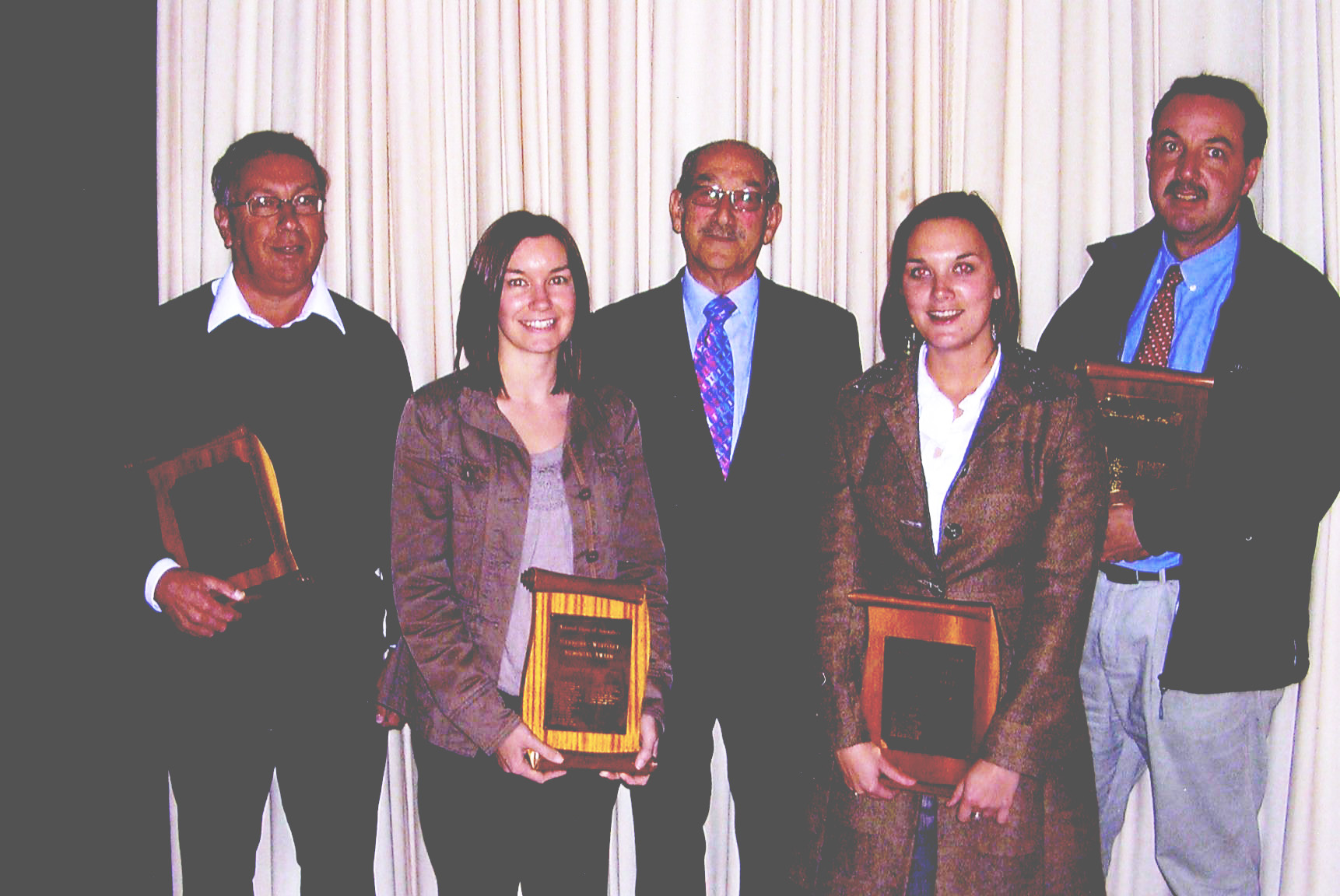Yesterday’s InfoValet conference (‘From Gatekeeper to Information Valet: Work Plans for Sustaining Journalism’) at DC’s George Washington University had a great line-up of speakers debating the future of journalism in the online age, news aggregation, crowdsourcing and what’s next for the news media industry.
One particular announcement of note: the launch of Circlabs – a technology company building a new service to finance online news.
Writing for Nieman Journalism Lab, Martin Langeveld, one of the project’s founders, describes the need for a new approach:
“More Americans now say they get most of their national and international news from the Web rather than from printed newspapers. Yet news publishers, and particularly publishers of the kind of essential journalism that’s necessary to sustain a democracy, enjoy a relatively small share of total Web traffic.
“Although no clear strategies have emerged for news publishers to thrive in an online-only environment, CircLabs believes that the right technology can play a key role in improving the market share of news content and increasing the Web revenue of news publishers.”
The first stage will be a product called Circulate. Details are scant at the moment, but it’s expected to be available in beta from the end of the summer and fully launched by the end of this year.
“Circulate addresses two critical publisher needs: (1) the need to attract, both locally and nationally, a strong and loyal online readership, and (2) the need to monetize that audience, both directly through the sale of premium content and indirectly through high-value, targeted and interactive advertising.
“Circulate will meet these needs of publishers and allow journalists to thrive in their roles as gatherers and curators of news and information. At the same time, Circulate will provide consumers with a new, post-search way to discover the news and connections they need. Circulate will serve all publishers of online news, ranging from newspapers to local news blogs. Circulate requires little or no technical integration on the part of publishers.”
There are plenty of videos of the day’s discussions on the event’s UStream site – though the player below should provide most of the links:
